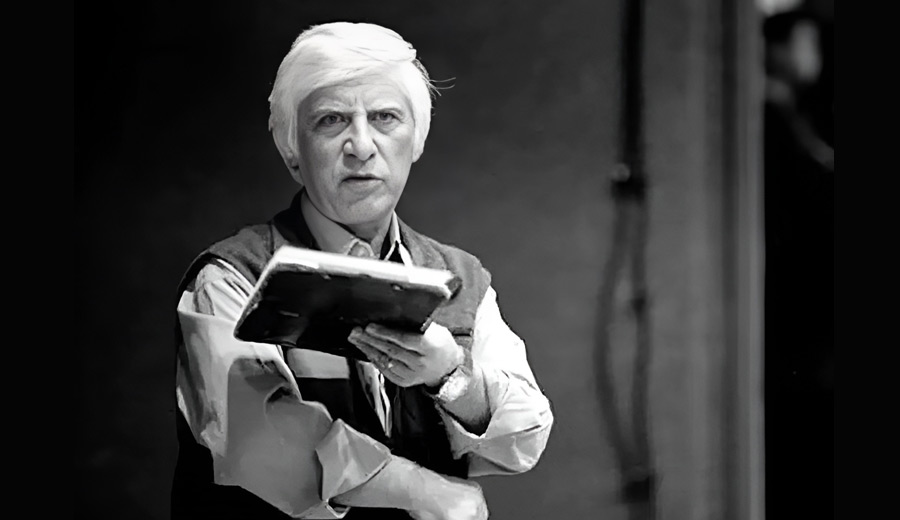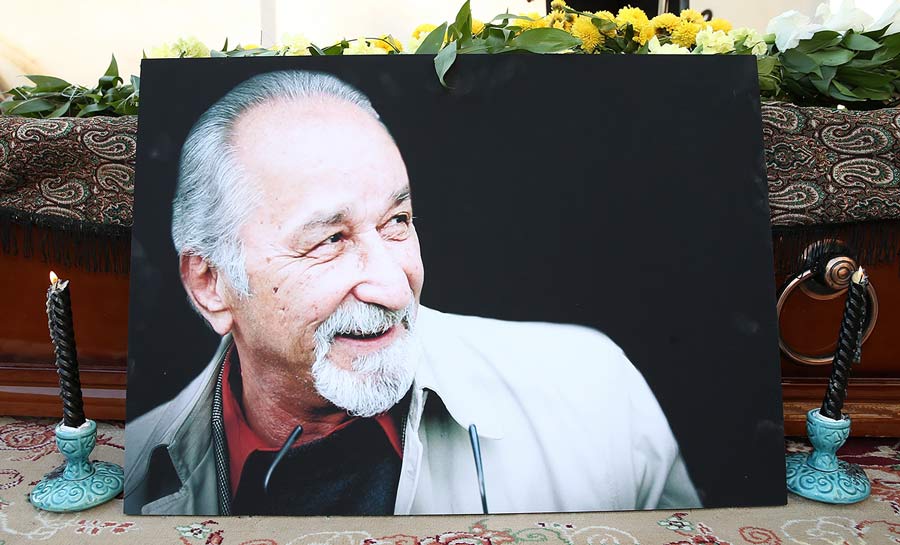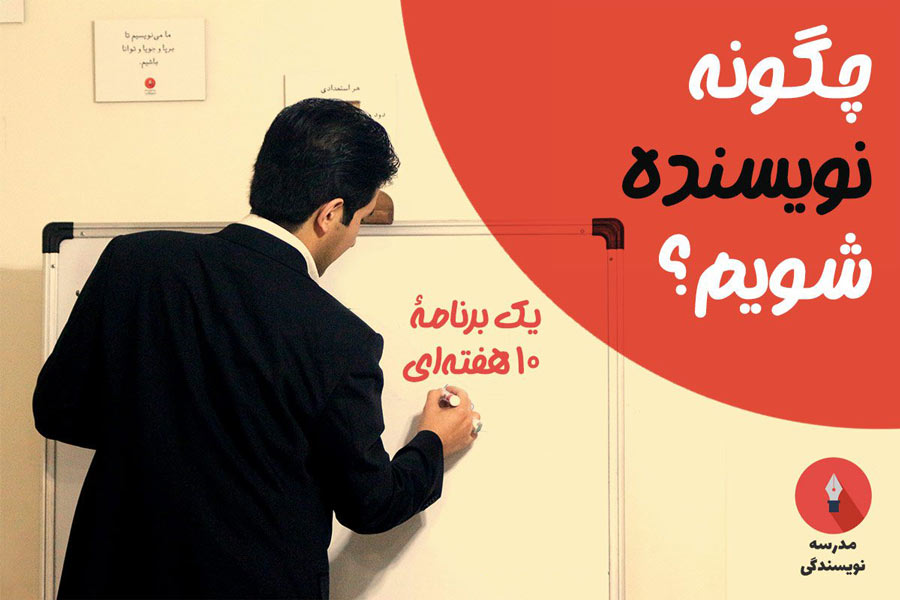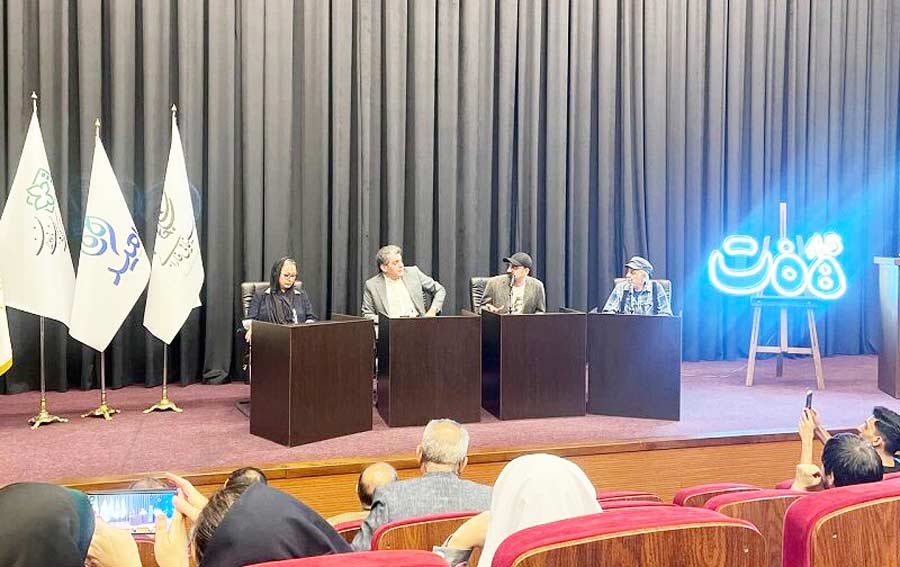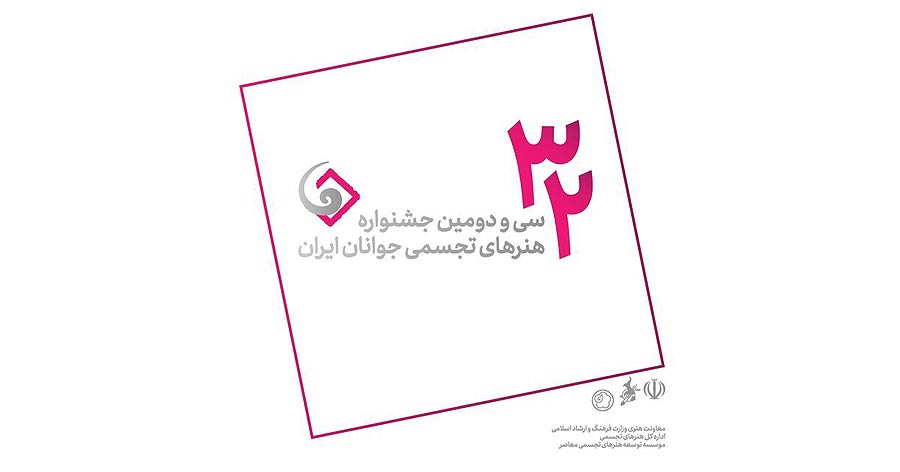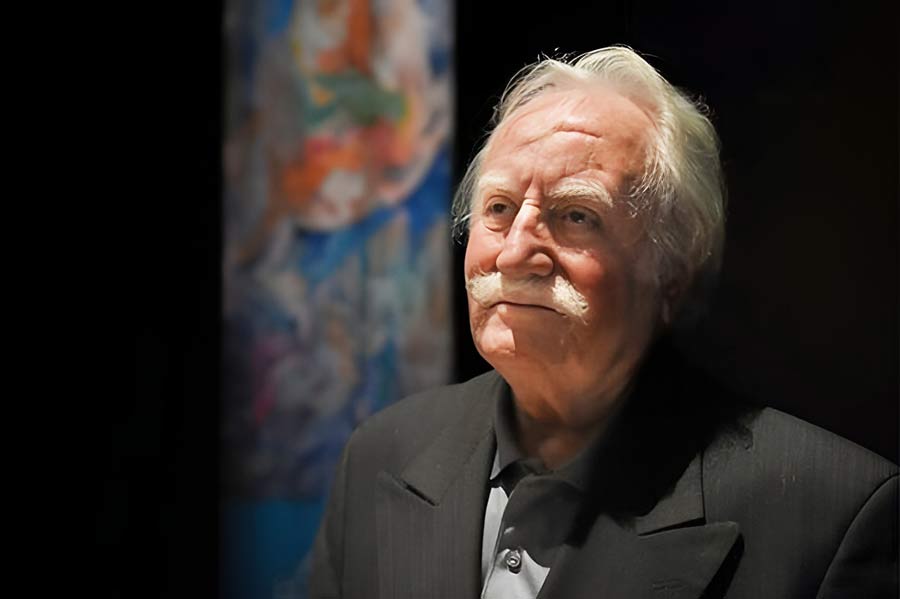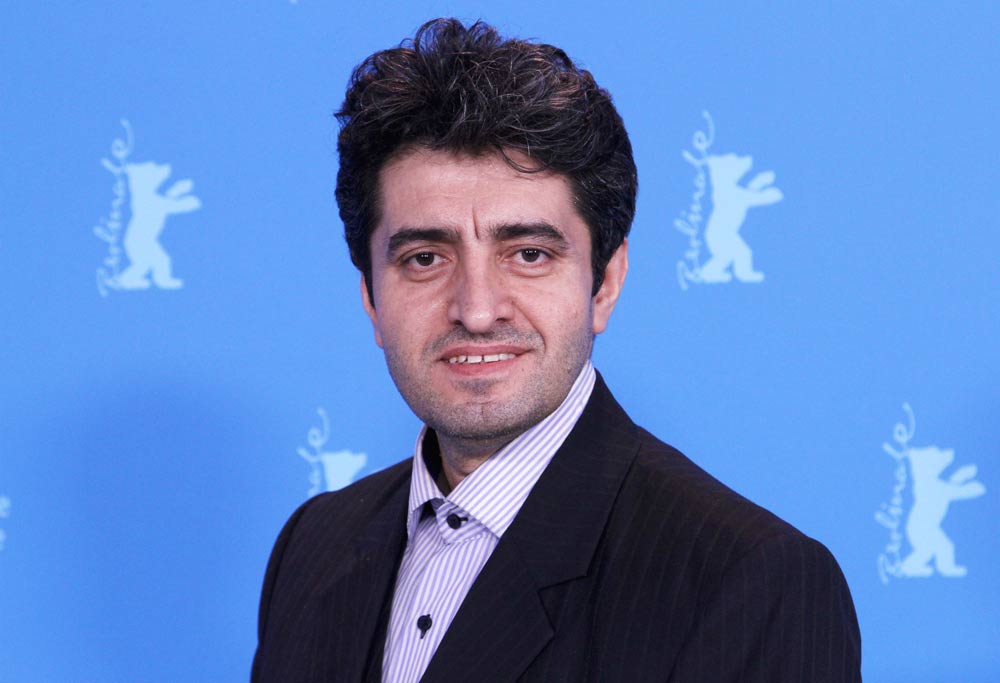Reminiscences of Farideh Sepah Mansour on her birthday
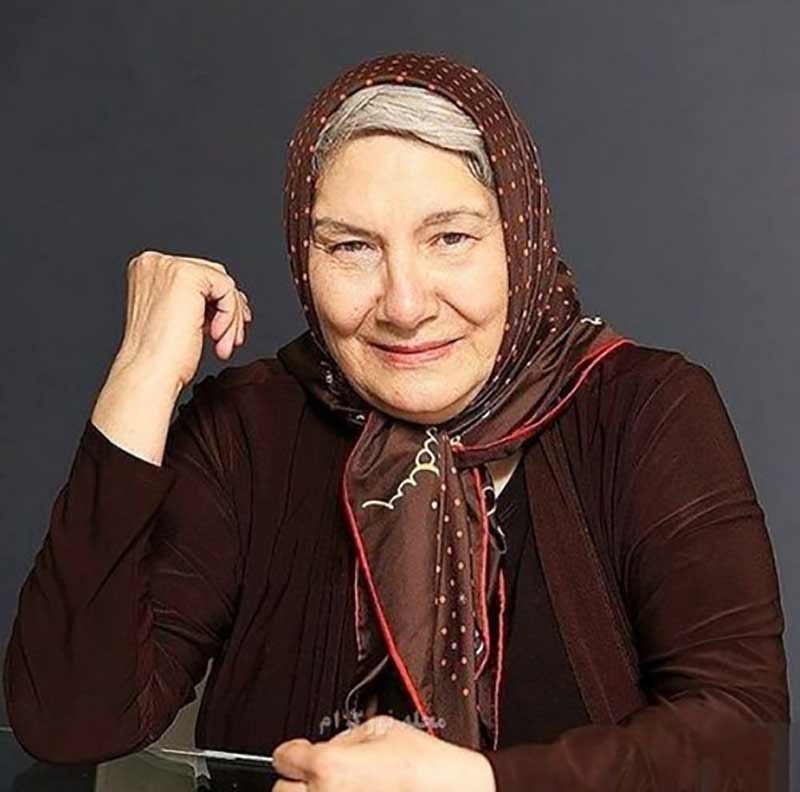
Farideh Sepah Mansour said: “I always think that everything I do is my last job and I think this work is going to be remembered by me and the future will judge me by watching this film.” I do not think at all what is in my work history, the idea is that I am going to be judged by the last job.
According to Artmag quoted by ISNA, Iran Cinema Museum, following publication of its series of oral history sessions on the occasion of the birthday of Farideh Sepah Mansour, a film, theater and television actress, has published excerpts from the artist’s oral history conversation, which you can read below.
Farideh Sepah Mansour said about her interest in cinema and theater: “I played theater in elementary school and spoke in high school. My father bought me a collection of poems by different poets, but when I became interested in acting, I knew that my family would oppose me.” But I have loved art and acting since I was a child.
Referring to her presence in the film “Sand Footprints” made by Mohammad Reza Honarmand, he added: “At first, everyone praised my play and I remember in the sequence that they wanted to take my son, Mr. Honarmand told me that Ms. Sepah Mansour broke my lens and I I looked around and saw that my feet did not hit anything and I said, “Mr. Artist, I did not break anything,” and he replied, “Your energy is too much, and I did not understand what he meant.” While we used the least amount of energy in the workshop, it was just as much for the cinema.
Sepah Mansour pointed out: I remember during the filming of “Sand Footprints”, the late Nemat Haghighi said that he should come in a linear way and we should adjust the camera, and Mr. Honarmand told me not to feel in the role, we take the plans linearly and you Do not bother yourself because we just want to determine the location of the mezzanines. The work was done and I was waiting for them to take the main sequence, but I saw that they picked up the camera and left, and I asked them why they were not taking it. I was told that the sequences we took now were all original.
She continued: “When I saw the film at the festival, before I saw the film, I was very upset because I did not play that sequence sensually, and when I saw it, I thought that I had worked too hard and I had a headache until nightfall.” After “Sand Footprints”, I acted in three films, but in 1989, when I was working on “Agate”, I just realized what it means to act in a movie; it actually took me two years to figure it out.
Referring to her role in “House in the Dark”, Mansour’s corps said: “The story was about the 1924s and I played the role of a salty woman whose husband was a thief and when Reza Shah wanted to come to power, he became the police chief.” I had an analytical role about this that I told Mr. Saeed Soltani, the director of the series, and he told me to do it however I wanted. During the two and a half months we were at the location, I was not bothered at all and it is one of my good works because I read a lot of history books for that work.
She also said about his collaboration with Dariush Mehrjui in “Mother’s Guest”: “I remember Mr. Mehrjui would come and read the sequences to us and say, ‘Go and see what you do,’ and I said to myself, ‘How good it is to find such a director who is creative.’ The actor uses about the role.
Mansour’s Corps noted: Dariush Mehrjui told me that I played my role well in “Beloved Sky” and I replied; I did not do art. Every actor who works with you does his job best. One of the characteristics of Mr. Mehrjui’s work is that there are few impressions in his films, because he wants a sense of life in the role.
She continued: “When I sang the role of “Mash Maryam” in” Mother’s Guest “, tears flowed from my eyes because” Mash Maryam “was the symbol of all our women in war. During the Eight-Year War, I owed myself to women in the South who lived under bombardment. “Mash Maryam” was a woman who had lost her being and existence, she had been brought to Tehran from Ilam and was given 10,000 tomans a month, and her pleasures were only those of chickens and roosters. It was natural that she had no connection with his surroundings and I had to imagine part of it, because part of acting is creativity and imagination, that is, I had to focus and think about how my reactions to the role should be if I did not have anyone. I worked on the role of “Mash Maryam” for about a month and a half so that I could play it in the best way.
Mansour Corps stated: Many audiences asked who I was a role model for in the role of “Mash Maryam” and I think my analysis of this role was correct. I believe that when the role analysis is correct and there is a director like Dariush Mehrjui, the role is exaggerated.
She continued: “In the month and a half that I was in the movie “Mother’s Guest”, I worshiped my chickens and roosters, while birds are creatures that I did not even touch and I only looked at them all the time, but I had to be Mary Mary to feed her children. You saw in chickens and roosters. I had asked Mr. Sharifinia to practice with the chickens and roosters so that I would not hate them when I touched them, and it took a few days; I was dripping on my head and skirt and after four days they came to me and I got used to them.
Mansour Sepah stated that he likes to play most of his roles perfectly: All roles can be ideal, but the important thing is how the actor plays them. I always think that everything I do is my last job and I think this is going to be a memory of me and the future will judge me by watching this movie. I do not think at all what is in my work history, the idea is that I am going to be judged by the last job.
The actor concluded by saying that she has a responsibility to the audience: “The spectator who sees me on the street and expresses his feelings makes my responsibility heavier and I can not be indifferent to the audience, so I spend a lot of time on my roles.”
It is worth mentioning that the Iran Cinema Museum, as a cultural and historical collection that narrates the history and developments of Iranian cinema, considers itself obliged to collect the records and experiences of veterans of Iranian cinema so that future generations can see the way of life and the creation of works. Get acquainted with artists and cinema experts.


